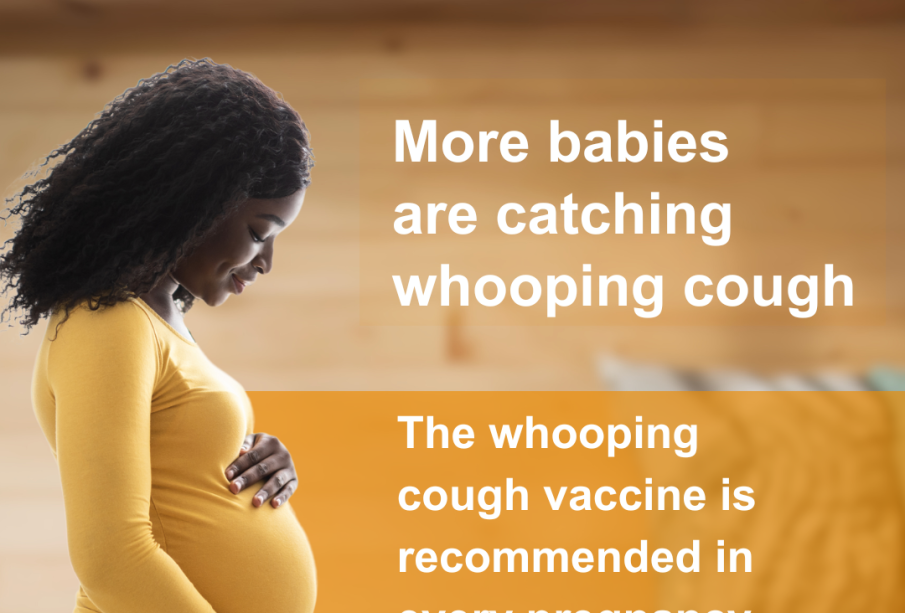The Importance of Whooping Cough Vaccine for Pregnant Women

Understanding Whooping Cough
Whooping cough, or pertussis, is a highly contagious respiratory illness caused by the bacterium Bordetella pertussis. It can lead to severe complications, particularly in infants. Pregnant women are at a crucial juncture in their healthcare journey where immunisation can significantly impact their newborn’s health.
Why Vaccination is Critical During Pregnancy
The Centers for Disease Control and Prevention (CDC) recommends that pregnant women receive the whooping cough vaccine, also known as the Tdap vaccine, during the third trimester of each pregnancy, ideally between 27 and 36 weeks. This vaccination strategy is imperative because it allows maternal antibodies to be transferred to the baby, providing them protection during their early months when they are most vulnerable to serious illness.
Current Guidelines and Statistics
Recent studies indicate that infants are at the highest risk for hospitalisation and death from whooping cough in their first few months of life. According to the CDC, vaccination rates among pregnant women have been increasing, with approximately 60% of pregnant women receiving the Tdap vaccine in 2021, which is a marked improvement from previous years. The rise in vaccination rates is believed to contribute to a reduction in the incidence of whooping cough among young infants.
Addressing Safety Concerns
Despite concerns about vaccine safety, extensive research has demonstrated that the Tdap vaccine is safe for both mothers and their babies. Side effects are typically mild, such as soreness at the injection site or mild fever. The benefits of immunisation far outweigh any potential risks, making it imperative for healthcare providers to advocate for maternal vaccination.
Conclusion: A Call to Action
As healthcare systems globally face the challenge of preventing outbreaks of vaccine-preventable diseases, the role of the whooping cough vaccine for pregnant women cannot be overstated. Ensuring that expectant mothers are informed and vaccinated is a critical step in safeguarding the health of both the mother and the newborn. Future initiatives must continue to focus on improving vaccination outreach, providing mothers with accurate information, and addressing any hesitations to enhance community immunity.









